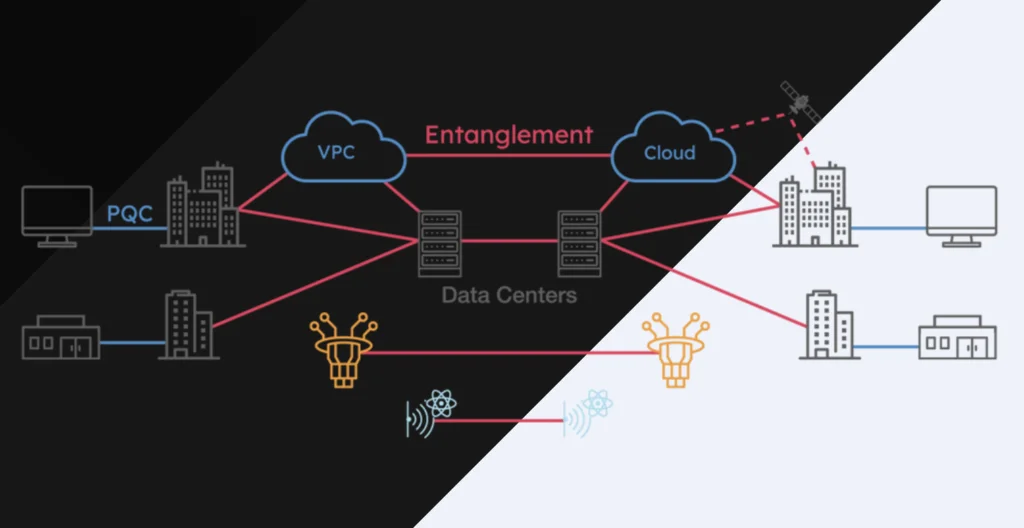Insider Brief:
- Norma signed an MOU with Rigetti Computing to launch an 84-qubit quantum cloud service, integrating Rigetti’s hardware with its Q Platform to offer cloud-based quantum program development and execution in South Korea.
- Rigetti will provide access to an 84-qubit quantum system, though the specific model was not disclosed; the announcement builds on Rigetti’s recent launch of the Ankaa-3 processor and its global expansion via cloud platforms like Amazon Braket and Microsoft Azure.
- Norma continues to position itself as a middleware provider, leveraging international hardware partnerships to broaden access to quantum computing in South Korea and support national efforts to build a competitive quantum ecosystem.
At the Q2B Tokyo 2025 conference, South Korean quantum technology firm Norma Inc. announced it has signed a Memorandum of Understanding with Rigetti Computing, a U.S.-based quantum computing company, to launch an 84-qubit quantum cloud service. The partnership is representative of recent efforts by South Korea to bring advanced quantum computing capabilities into the market through international collaboration.
According to a report from Chosun Biz, Rigetti will support Norma by providing access to an 84-qubit quantum system, which Norma intends to integrate with its proprietary software environment, known as Q Platform. The resulting service will allow users to develop and execute quantum programs through a cloud-accessible interface.
As described in Norma’s prior materials, Q Platform is a quantum software development environment designed to simplify quantum circuit design and implementation. It supports both beginner and intermediate users through a visual programming interface and offers integration with quantum simulators and hardware backends.

Rigetti’s Background in Superconducting Quantum Systems
While the specific system Rigetti will provide to Norma was not named in the public announcement, the company recently launched the Ankaa-3, an 84-qubit superconducting quantum processor developed in-house at its Fab-1 facility. According to technical disclosures, Ankaa-3 achieved a median two-qubit gate fidelity of 99.5%, and is currently available through Rigetti Quantum Cloud Services.
Rigetti has also integrated with platforms such as Amazon Braket and Microsoft Azure, providing broader access to its hardware stack. The company’s roadmap includes scaling toward higher-qubit systems while maintaining modular design and tunable coupler architecture to support mid-circuit measurements and advanced error mitigation strategies.
This context helps position Rigetti as a capable hardware partner as it expands internationally, though the company has not confirmed whether the Ankaa-3 will be the system involved in the Norma integration.
Norma’s Growing Quantum Portfolio
As noted in a post from CEO Hyun Chul Jung, Norma will act as Rigetti’s official partner for introducing its technology into South Korea. The partnership reflects Norma’s ongoing efforts to play a larger role in the regional quantum ecosystem by providing accessible interfaces to international quantum resources.
“Norma, currently participating in Q2B Tokyo 2025, has signed a surprise MOU with Rigetti Computing, a rising quantum computing company in the United States,” wrote Jung. “Through this MOU, Norma will serve as an official partner to promote the introduction of Rigetti’s technology into the South Korean quantum market.”
Norma has previously signed MOUs with IQM Quantum Computers, Maybell Quantum, and others, reflecting a strategy focused on interoperability and platform integration rather than hardware development. In particular, its partnerships suggest a role as a middleware provider, enabling researchers, developers, and institutions to access a variety of quantum backends through a unified development environment.
Implications for the South Korean Quantum Ecosystem
The announcement comes at a time of increasing national interest in quantum technology within South Korea, where the government has pledged significant investment in quantum research and workforce development. By integrating international hardware into a domestic software platform, Norma’s model may help lower the barrier to experimentation and application development for local users.
This type of collaboration also highlights the importance of modular infrastructure in the global quantum stack. As systems become more heterogeneous, as in, spanning superconducting, trapped ion, and photonic architectures, software platforms like Norma’s Q Platform may play a key role in shaping user experience and adoption.
While details on deployment timelines and service access have not yet been released, the MOU signals a clear intent to operationalize cloud-based quantum computing for the South Korean market, using U.S. hardware capabilities within a locally managed framework.














